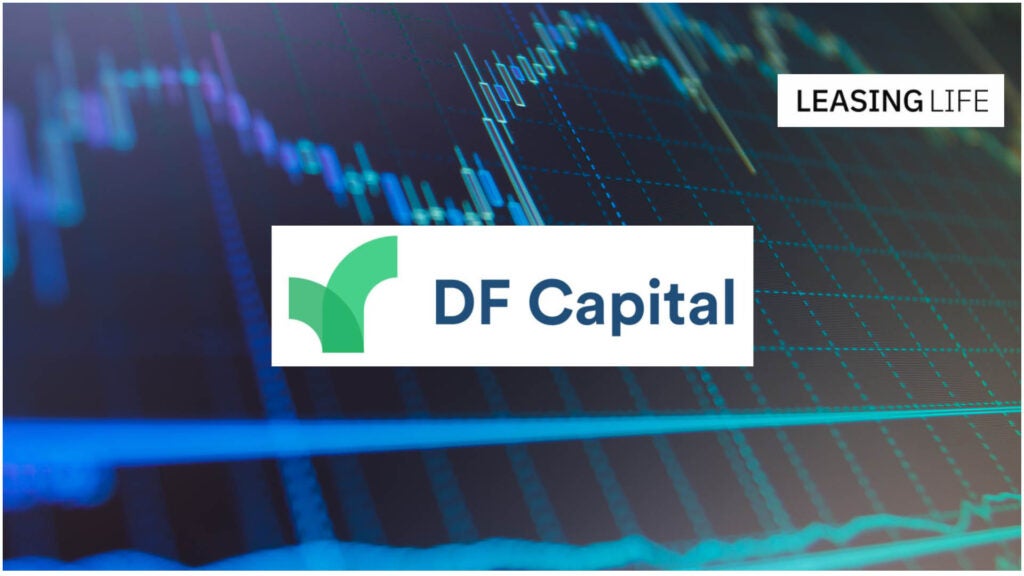In May, experts from lending and asset finance firm Q2 led a discussion on how lenders can identify and best respond to the impending wave of debt collections. Q2’s roundtable focused on how Covid-19 has created a number of unknowns for the industry and lenders and lessors need to balance a highly variable and fast-moving financial environment to remain profitable and avoid a high level of potential bad debt.
While the answer remains to be seen, what all participants agreed on is that collections are set to soar.
Riding the wave
The first three quarters of 2020 saw gross SME lending soar to double that of 2019, while this year, household consumer debt reached a total of £1,698.4bn by the end of February. However, the type of debt facing customers is considerably varied, coming from a range of sources and is, in many cases, quite secure.
But other variables will soon be in play. There will almost certainly be an impact from both the ending of the furlough scheme and the requirement to pay temporarily deferred VAT. Plus, those who relied upon Covid-specific financial support are likely to be called upon for repayment at some point in the near future.
What is clear for lenders is the need to recoup on all business-as-usual lending, while setting in motion collection on the business loans underwritten by the government. However, there are factors in play that lenders must approach collection with caution.
For example, they must consider customers vulnerable unless proven otherwise. Lenders should also be wary of pushing too hard on a business that could have survived given more time, and must also consider that they may not have the full picture of a customer’s true position.
How well do you really know your competitors?
Access the most comprehensive Company Profiles on the market, powered by GlobalData. Save hours of research. Gain competitive edge.

Thank you!
Your download email will arrive shortly
Not ready to buy yet? Download a free sample
We are confident about the unique quality of our Company Profiles. However, we want you to make the most beneficial decision for your business, so we offer a free sample that you can download by submitting the below form
By GlobalDataThe key message from the roundtable? A lender’s attitude towards collections and how they implement them, will play a large role in how big the wave will be, and how long it will last.
Collection strategy
Q2’s summary of the roundtable takes a closer look at how lenders should approach their collections strategy in the wake of Covid. It advises that overreacting could turn sluggish debt into bad debt, creating a situation where there are no winners.
Many lenders believe the current crisis will affect their collections process to varying degrees, and there is a strong desire for the next surge to be different. Preparation will be pivotal to this. According to the whitepaper, there are three areas that lenders should focus on:
- Segmentation
Put technology and processes in place that will segment customers. This ring-fencing can help to identify the customers that are in dangerous financial positions, and those that require exceptional strategies, for example, repayment term extensions.
- Leveraging technology
Streamline customers through technology in order to reach empathetic conversations sooner. This will also help you to gather the information required to harvest a deeper conversation whilst also creating a more personalised and flexible collection plan.
- Balance across the business
Early in the pandemic, lenders found that their usual scorecard approach rejected many customers, often unfairly. By altering scorecards, lenders can create a more nuanced system that will allow them to underwrite new lending and leasing businesses on a fairer scale.
Getting closer to customers
In summary, there is a lot for lenders to consider. But time is running out. In order to handle this wave of collections appropriately, lenders must talk to customers in detail, and soon. The appetite for credit is sure to return, but by mishandling collections now, could mean lenders act as a roadblock to economic recovery and also create long-term bad will.
In the long term, many believe that the pandemic will actually pave the way for an overhaul in collections, one which places sensitivity and exceptional customer service at the forefront. This creates an opportunity for lenders to build improved relationships with customers, all while positioning themselves as a key player in the bounce-back of business.






